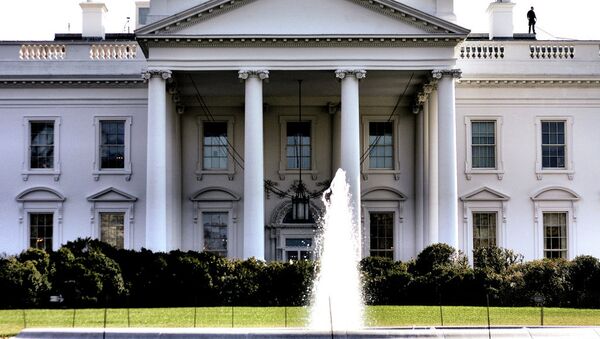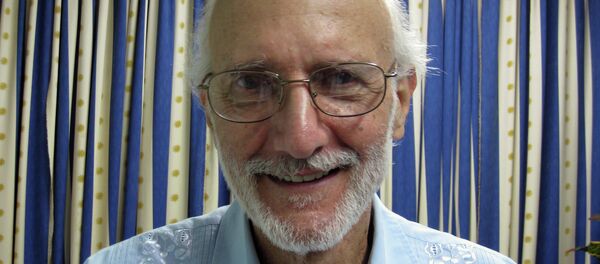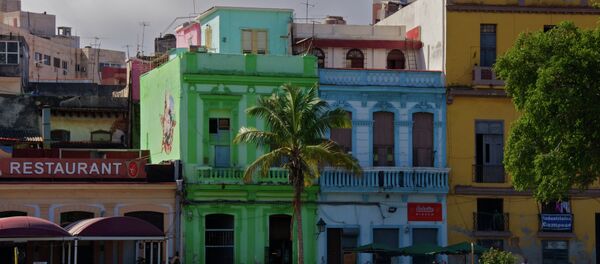“Though this policy has been rooted in the best of intentions, it has had little effect,” the White House said in a statement. “We cannot keep doing the same thing and expect a different result. It does not serve America’s interests, or the Cuban people, to try to push Cuba toward collapse.”
The administration is moving to normalize diplomatic relations with Cuba following the release of American Alan Gross on Wednesday, after he had spent five years in Cuban prison. In early December, White House spokesperson Josh Ernest said that the improvement of relations between the United States and Cuba is hardly possible without the release of Gross. Gross, as well as a US intelligence agent imprisoned for nearly 20 years were exchanged for three Cubans who were accused of spying and who had served sentences in the United States.
"We are taking a number of steps to significantly increase trade and commercial flows from Cuba and to Cuba," a senior US administration official said Wednesday.
He also said the Obama administration would ease the travel restrictions that prevent most Americans from visiting that last remaining Communist state in the Western hemisphere.
In order to improve ties, US President Barack Obama has instructed the Secretary of State to immediately initiate discussions with Cuba on the re-establishment of diplomatic relations severed in January 1961.
As an initial step, Assistant Secretary of State for Western Hemisphere Affairs Roberta Jacobson will lead the US delegation to the next round of US-Cuba migration talks in January 2015, in Havana.
Obama also instructed Secretary of State John Kerry to immediately launch a review of Cuba’s designation as a state supporting terrorism, introduced in 1982.
The announcements would mark the most significant shift in US policy toward the Cuba in decades.
“Today marks the beginning of a major new chapter in US-Cuban relations,” said Julia Sweig, director of Latin American studies at the Council on Foreign Relations. “Finally we have an American president willing to do the right thing for the national interest, for American standing in Latin America, and for the Cuban people.”
In response to the US plan to normalize relations with Cuba, the head of the USAID resigned, as reported by the Associated Press.
During the Cuban Revolution in 1959, the island's new authorities, led by Fidel Castro, started to nationalize the US corporations' property, which led to the deterioration of relations between the two countries and subsequent ban on trade and travel to and from Cuba, introduced by the United States. At that time the Soviet Union was Cuba's main economic and political partner. After the collapse of the Soviet Union, the political elites of the United States and Cuba started to enjoy some convergence.
Russia welcomes the steps aimed at improving US-Cuban ties, a diplomatic sourse told RIA Novosti. Moscow has been calling for restoration of the relations between Washington and Havana for a long time, he added.






